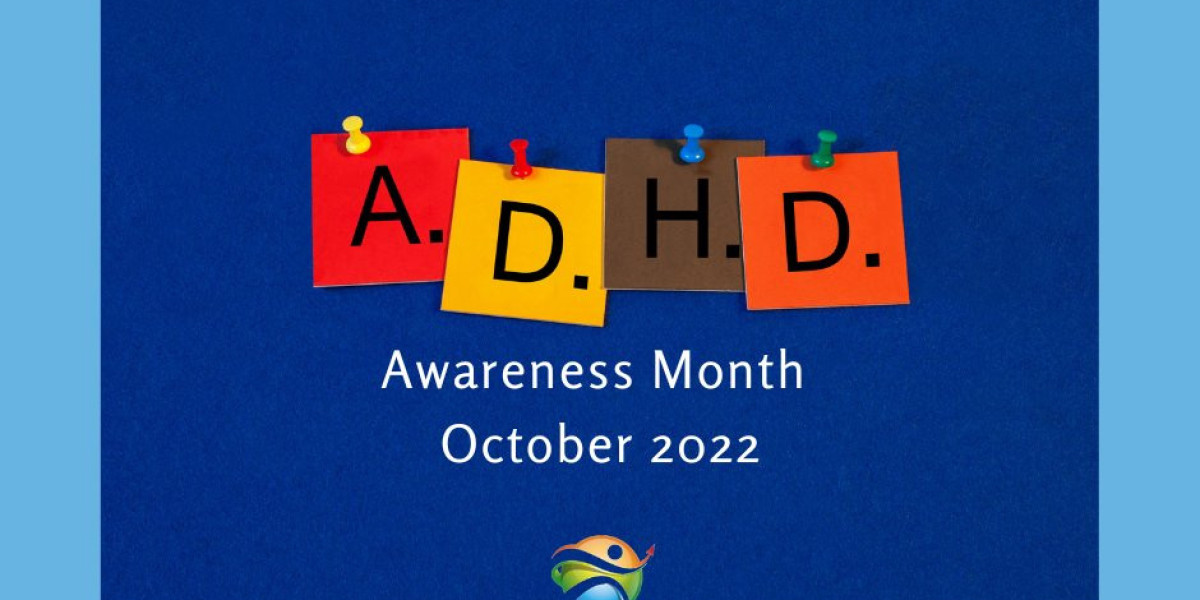Attention-deficit/hyperactivity disorder (ADHD) is a neurodevelopmental condition characterized by difficulties with attention, hyperactivity, and impulsivity. While these symptoms are well-known, another aspect of treatment ADHD that often goes unnoticed is emotional sensitivity. Individuals with ADHD frequently experience intense emotions and may struggle to regulate them effectively. Understanding the connection between ADHD symptoms and emotional sensitivity is crucial for fostering self-compassion and implementing strategies for emotional well-being.
Understanding ADHD Symptoms
Inattention
One of the hallmark symptoms of ADHD is inattention. Individuals with ADHD may have difficulty focusing on tasks, sustaining attention, and organizing their thoughts. This can lead to challenges in completing tasks, following instructions, and maintaining productivity.
Hyperactivity
Hyperactivity manifests as excessive movement and restlessness. Children with ADHD may exhibit fidgeting, squirming, or constantly being on the go. In adults, hyperactivity may present as inner restlessness or an inability to relax.
Impulsivity
Impulsivity involves acting without thinking about the consequences. People with ADHD may struggle with impulse control, leading to difficulties in social interactions, decision-making, and self-regulation.
Emotional Sensitivity in ADHD
In addition to the core symptoms of ADHD, many individuals also experience heightened emotional sensitivity. This sensitivity can manifest in various ways:
Intense Emotions
People with ADHD often experience emotions more intensely than their neurotypical counterparts. They may feel overwhelmed by feelings of frustration, anger, sadness, or excitement, which can be challenging to manage.
Emotional Dysregulation
Difficulty regulating emotions is common in individuals with ADHD. They may have trouble identifying their emotions, expressing them appropriately, or calming down when upset. This can lead to emotional outbursts or meltdowns, especially in stressful situations.
Rejection Sensitivity
Rejection sensitivity refers to an increased sensitivity to perceived criticism or rejection. Individuals with ADHD may be hypersensitive to feedback, fearing rejection or disapproval from others. This can impact their self-esteem and relationships.
Emotional Overwhelm
The combination of intense emotions and difficulty regulating them can result in emotional overwhelm. People with ADHD may feel flooded by their emotions, struggling to cope with the intensity and frequency of their feelings.
Nurturing Self-Compassion
Cultivating self-compassion is essential for individuals with ADHD to navigate the challenges of emotional sensitivity. Here are some strategies for nurturing self-compassion:
1. Acceptance
Acceptance is the first step toward self-compassion. Acknowledge that ADHD is part of who you are and that it's okay to struggle with emotions. Embrace your strengths and challenges without judgment.
2. Mindfulness
Practice mindfulness to increase awareness of your thoughts, feelings, and bodily sensations. Mindfulness techniques, such as deep breathing or meditation, can help you observe your emotions without becoming overwhelmed by them.
3. Self-Care
Prioritize self-care activities that nurture your physical, emotional, and mental well-being. Engage in activities that bring you joy, whether it's spending time in nature, pursuing hobbies, or connecting with loved ones.
4. Set Realistic Expectations
Set realistic expectations for yourself and acknowledge that it's okay to make mistakes or have setbacks. Be gentle with yourself when things don't go as planned and celebrate your achievements, no matter how small.
5. Seek Support
Reach out for support from friends, family, or mental health professionals who understand ADHD and can offer guidance and encouragement. Joining support groups or therapy sessions can provide validation and validation for your experiences.
6. Develop Coping Strategies
Identify coping strategies that help you manage emotional sensitivity and regulate your emotions effectively. This may include practicing relaxation techniques, journaling, or seeking professional help when needed.
7. Practice Self-Compassionate Language
Be mindful of the language you use when talking to yourself. Replace self-criticism with self-compassion and speak to yourself with kindness and understanding, just as you would to a friend in need.
Conclusion
ADHD symptoms and emotional sensitivity often go hand in hand, posing unique challenges for individuals with the condition. By understanding the connection between ADHD and emotional sensitivity and nurturing self-compassion, individuals can cultivate greater emotional well-being and resilience. Through acceptance, mindfulness, self-care, realistic expectations, seeking support, developing coping strategies, and practicing self-compassionate language, individuals with ADHD can embrace their emotional sensitivity as part of their journey toward self-discovery and growth. Remember, you are not alone, and it's okay to be kind to yourself as you navigate the ups and downs of life with ADHD.



